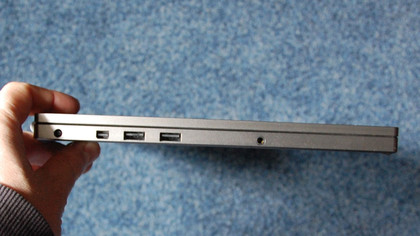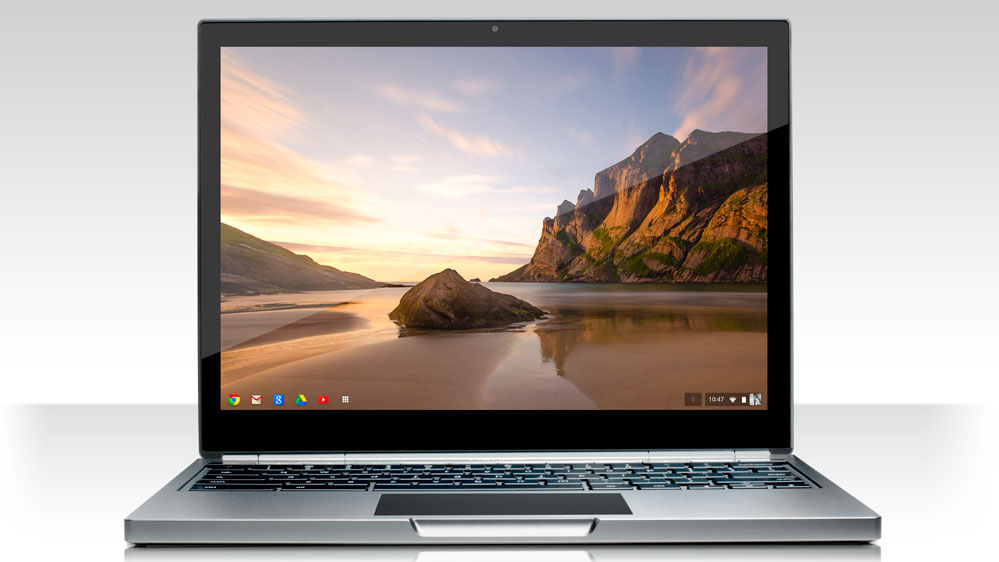TechRadar Verdict
Pros
- +
Beautifully made
- +
Stunning high-res screen
- +
Feels very fast
- +
Chrome OS is maintenance-free
- +
Unexpectedly rich speakers
Cons
- -
Expensive
- -
Chrome OS limited
- -
Underwhelming battery life
- -
Easy to get it running warm
- -
Keyboard feels a little dead
Why you can trust TechRadar
Most companies make products because they want people to buy them, but Google doesn't give a fig if you buy a Chromebook Pixel or not. It wasn't made so that people would buy it, though doubtless some will; it's a learning exercise made flesh. Let us explain.
Google's Chrome OS is a fast, secure, always-updated lightweight operating system whose only job is to give you a computer that has a web browser on it. Almost the only thing you can do on a Chrome OS computer such as the Samsung Series 3 or the Acer C7 is open a web browser.
This sounds like a stupid idea until you realise that these days lots of us do almost everything - email, Facebook, shopping, word processing, iPlayer, Netflix and so on - through a web browser anyway. And also that you can buy a Chromebook for £199/US$199.99 (around AU$191).
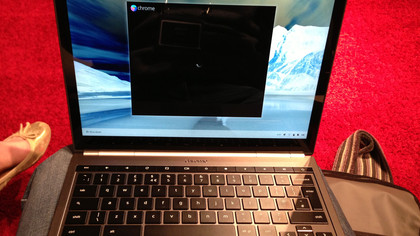
Realise the first (and know that for many of us, even those jobs that we don't currently do through a web browser could be done through as web browser if we actually wanted to) and learn the second, and suddenly the whole Chromebook schtick starts to sound more appealing for those of us with traditional computers such as an Acer Aspire V5 or Apple MacBook Pro running apps such as Microsoft Office 2013 and Adobe Photoshop Elements.
Chrome OS doesn't run apps, at least in that traditional sense. Instead, you access websites that work like apps - Google Docs, Office 365 and so on - and those websites can do app-like things such as use local storage.
But Google wants to move Chrome OS forward, both in the sense that it doesn't want it to be necessarily synonymous with low-end, semi-disposable computing (an ironic twist given that this was a central message at the launch of the concept in 2011), and also that it wants to prepare it for coming technologies.
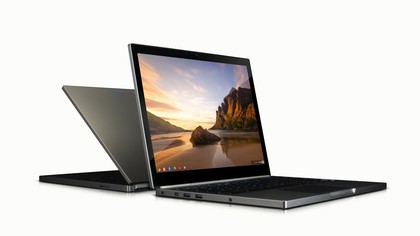
Specifically, it wants to ready the Chrome web browser and Chrome OS for touch-enabled and high-resolution (also known as HiDPI or, as popularised by Apple, Retina) displays.
Sign up for breaking news, reviews, opinion, top tech deals, and more.
The Chromebook Pixel, then, with its touch-enabled, high-resolution display is two things. First, it's that learning exercise for Google, for hardware as well as software. Google has put effort into optimising Chrome and Chrome OS for touch and high-res displays, which goes hand-in-hand with understanding the hardware that enables and drives them.
And in designing (though not manufacturing) the Chromebook Pixel itself rather than merely partnering with a company such as Samsung to provide the hardware, it's learning how to design and deliver physical platforms as well as purely software ones.
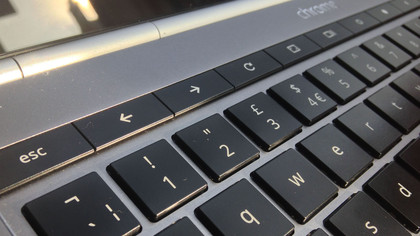
Second, it's a rallying point for developers, especially those creating websites and services delivered through the web. It's something to galvanise them, to give them a focus, to ensure exciting and excited conversations are happening about touch and high-res.
And it's to plant a flag in the sand to say: hey, folks, cloud-based computing doesn't just have to be about plastic commodity computing; it can be slick and premium and desirable.
And if we're allowed to be a bit self-referential, it's also designed to lure tech reviewers into writing pieces such as this one, which, even if we criticise the price and are baffled by the proposition, inevitably frame Google as an agenda-setting, innovative company capable of producing - let's not be coy about this - Apple-grade hardware.
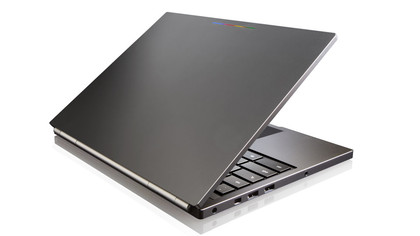
What the Chromebook Pixel is not, though, is a product that most people will buy, and that's mostly because of the other thing it's not: cheap.
There are two models of the Chromebook Pixel; one with included 4G LTE that's due April 2013, and one that only has Wi-Fi. The only one you can buy in the UK is the Wi-Fi one, and Google hasn't commented about when - or indeed if - you'll be able to buy the LTE model outside the US.
The Wi-Fi model costs £1,049 in the UK and US$1,299 in the US (around AU$1,264), and the LTE model costs US$1,449 (around £962/AU$1,410) - with this you get 100MB a month of bundled 4G bandwidth through Verizon Wireless in the US for two years.
